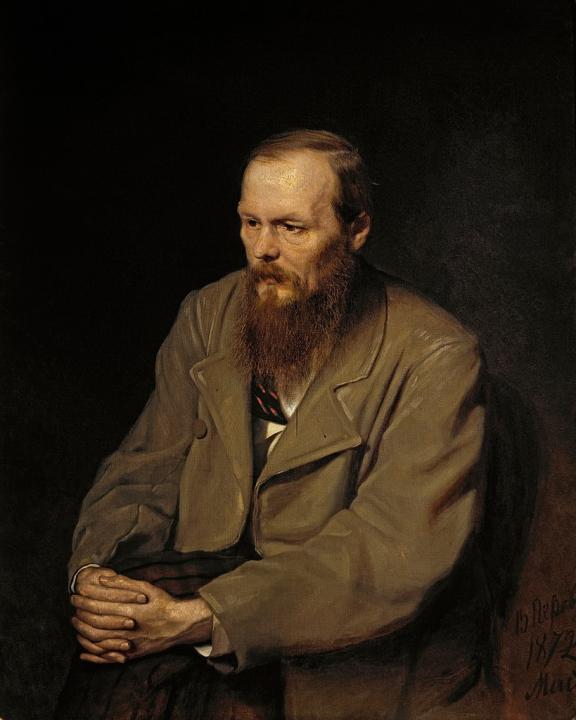
Our second report on transnational repression, Defending Democracy in Exile, includes four essays that investigate new trends, describe best and worst practices among host country governments, explain the role of international organizations in confronting transnational repression, and demonstrate the importance of countering digital tactics. The report also features case studies on policy responses to transnational repression in nine important host countries.
